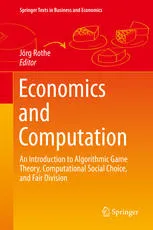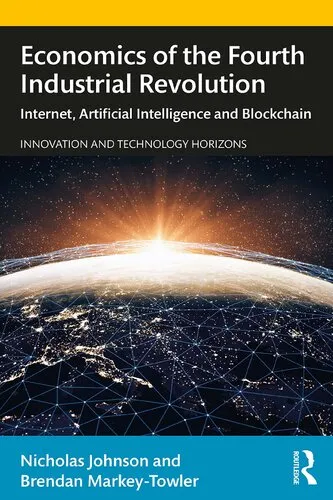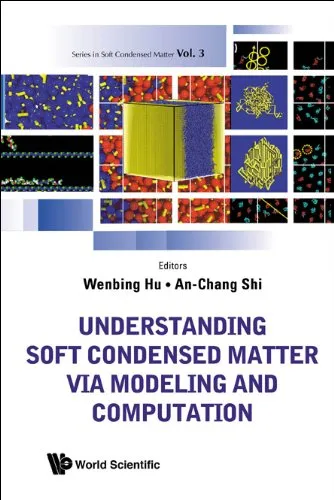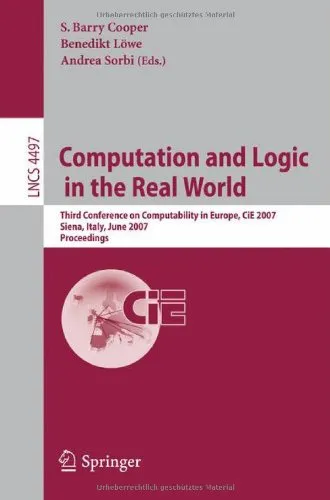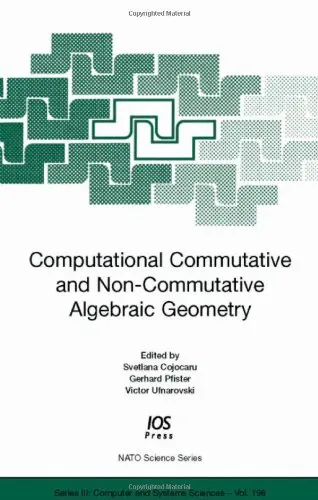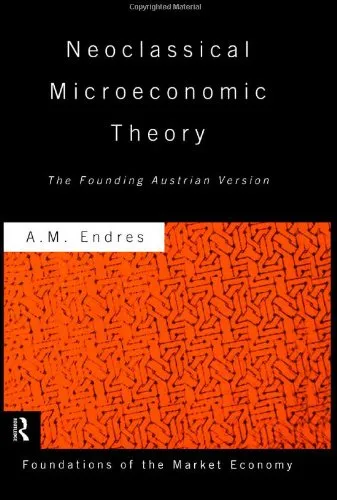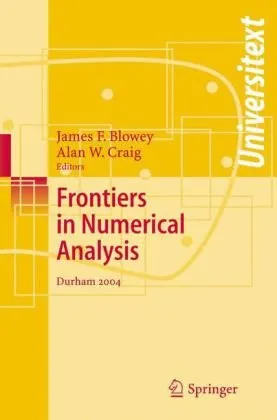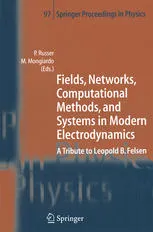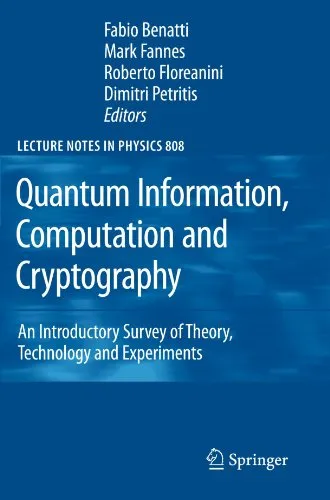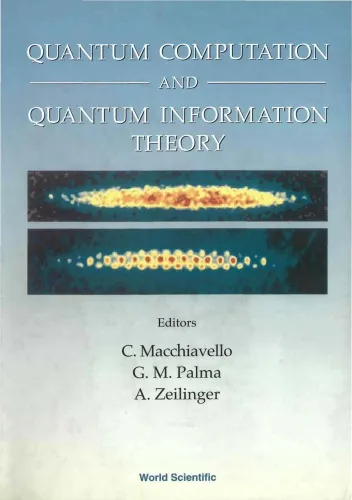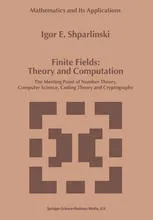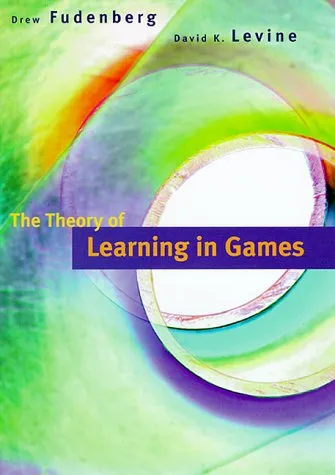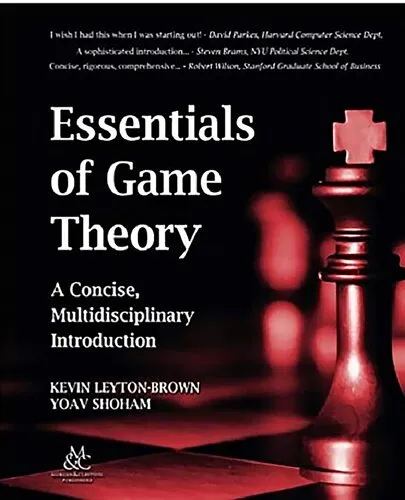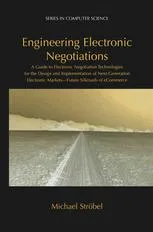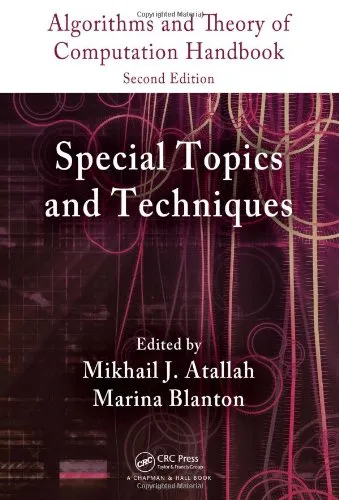Economics and Computation: An Introduction to Algorithmic Game Theory, Computational Social Choice, and Fair Division
4.5
Reviews from our users

You Can Ask your questions from this book's AI after Login
Each download or ask from book AI costs 2 points. To earn more free points, please visit the Points Guide Page and complete some valuable actions.Related Refrences:
Introduction to Economics and Computation
Welcome to a compelling exploration of the intersection of economics and computer science, where traditional economic theories meet the computational power of algorithms. This remarkable book, "Economics and Computation: An Introduction to Algorithmic Game Theory, Computational Social Choice, and Fair Division," is edited by Jörg Rothe, a veteran in the field, who compiles insights and advanced research to guide readers through this cutting-edge domain.
Detailed Summary of the Book
The book serves as a comprehensive introduction to three pivotal areas within the field: algorithmic game theory, computational social choice, and fair division. It begins with a deep dive into algorithmic game theory, where the emphasis is on designing algorithms that consider strategic aspects of autonomous agents. Readers will explore the Nash equilibrium and its computation, auctions, and mechanism design from an algorithmic viewpoint.
In computational social choice, the book addresses how collective decision-making processes can be effectively analyzed with computational tools. This section focuses on voting systems and the computational complexity inherent in determining election results, providing foundational knowledge for those interested in democratic processes augmented by computer science.
The section on fair division explores the age-old problem of fairly distributing goods, resources, or chores among individuals. Featuring algorithms designed to ensure envy-free allocations and equitable divisions, it provides practical solutions relevant to both theoretical studies and real-world applications.
Key Takeaways
- Gain an understanding of how strategic interactions can be modeled through algorithms.
- Explore the interoperability between economic incentives and computational restrictions.
- Acquire a foundational understanding of the complexity aspects of modern voting systems.
- Learn how to apply algorithmic solutions to ensure fair divisions in various scenarios.
Famous Quotes from the Book
"In the realm of economics and computation, algorithms do not merely execute commands; they embody the strategic behaviors of the agents they aim to serve."
"The fairness of a division is not judged by mathematics alone, but by the satisfaction it brings to those participating in the division."
Why This Book Matters
In an era where digital transactions and online platforms have transformed the economic landscape, "Economics and Computation" provides essential insights that empower readers to understand and contribute to these developments. The book stands out due to its multidisciplinary approach, bridging the gap between abstract economic theories and tangible computational methods. It is invaluable for students, researchers, and practitioners aiming to delve into or further their understanding of this dynamic interface.
By offering clarity in complex topics and presented by thought leaders in the domain, this book not only equips readers with theoretical knowledge but also cultivates the critical thinking necessary for tackling real-world problems in economics and computation. Whether you aim to influence policy, develop innovative algorithms, or understand the computational foundation of economic systems, this book is your authoritative guide.
Free Direct Download
You Can Download this book after Login
Accessing books through legal platforms and public libraries not only supports the rights of authors and publishers but also contributes to the sustainability of reading culture. Before downloading, please take a moment to consider these options.
Find this book on other platforms:
WorldCat helps you find books in libraries worldwide.
See ratings, reviews, and discussions on Goodreads.
Find and buy rare or used books on AbeBooks.
1437
بازدید4.5
امتیاز0
نظر98%
رضایتReviews:
4.5
Based on 0 users review
Questions & Answers
Ask questions about this book or help others by answering
No questions yet. Be the first to ask!
